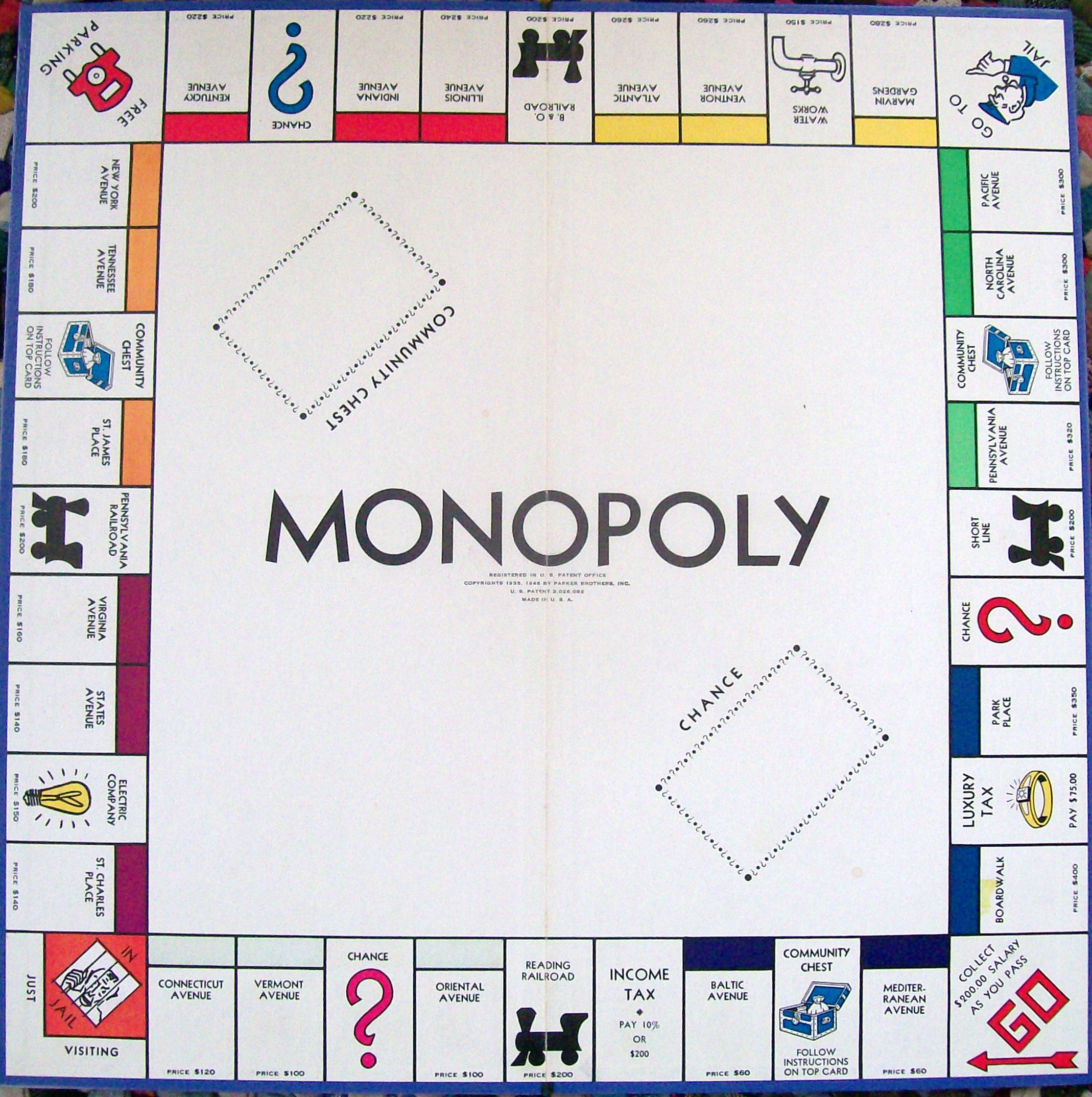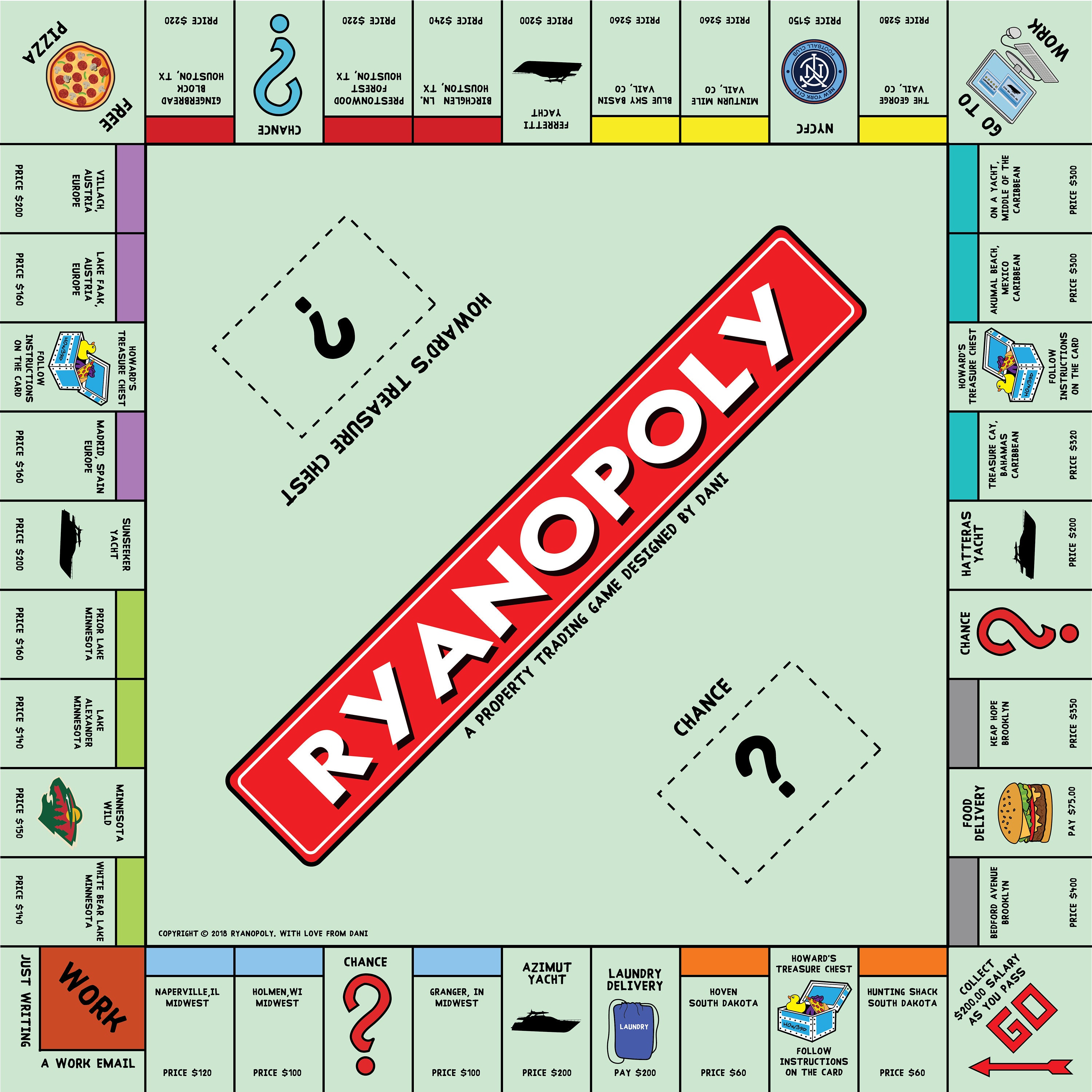

It's no coincidence that the oilcloth boards sold at Sotheby's came from Philadelphia-area Quaker families, since many Philadelphians vacation in Atlantic City. Its rules were typed on the same paper stock, and apparently by the same typist using the (( same typewriter, as the rules accompanying the $71,500 set Forbes purchased last year, which has a circular oilcloth board - probably an earlier version used on Darrow's round dining table. The set for which Forbes paid $23,000, believed to have been made by Darrow about 1933, has a square, off-white oilcloth board, and came with unpainted houses and hotels cut from pine molding, old chips, scrip, and with typed "Chance" and "Community Chest" cards and deeds. Todd testified that Darrow asked him for the rules, and that his secretary typed a dozen copies for Darrow. The Todds taught Esther and Charles Darrow.

The Raifords and Harveys lent their games to fellow Quakers visiting at Atlantic City hotels, and taught friends and relatives to play they, in turn, taught Olive and Charles Todd. The Harveys played the game with their friends, Jesse and Dorothea Raiford. Harvey then drew the first "Monopoly" game board with Atlantic City street names.

She moved East to teach at the Atlantic City Friends School, and in 1930 played the game with a fellow teacher, Cyril Harvey, and his wife.Īccording to game collector Ms. Testimony from the lawsuit, cited in Sotheby's catalog, revealed how a young woman named Ruth Hoskins had learned to play a version of the "Landlord's Game" called "Finance," in Indianapolis in 1929, from her brother, who had learned it at college.


 0 kommentar(er)
0 kommentar(er)
